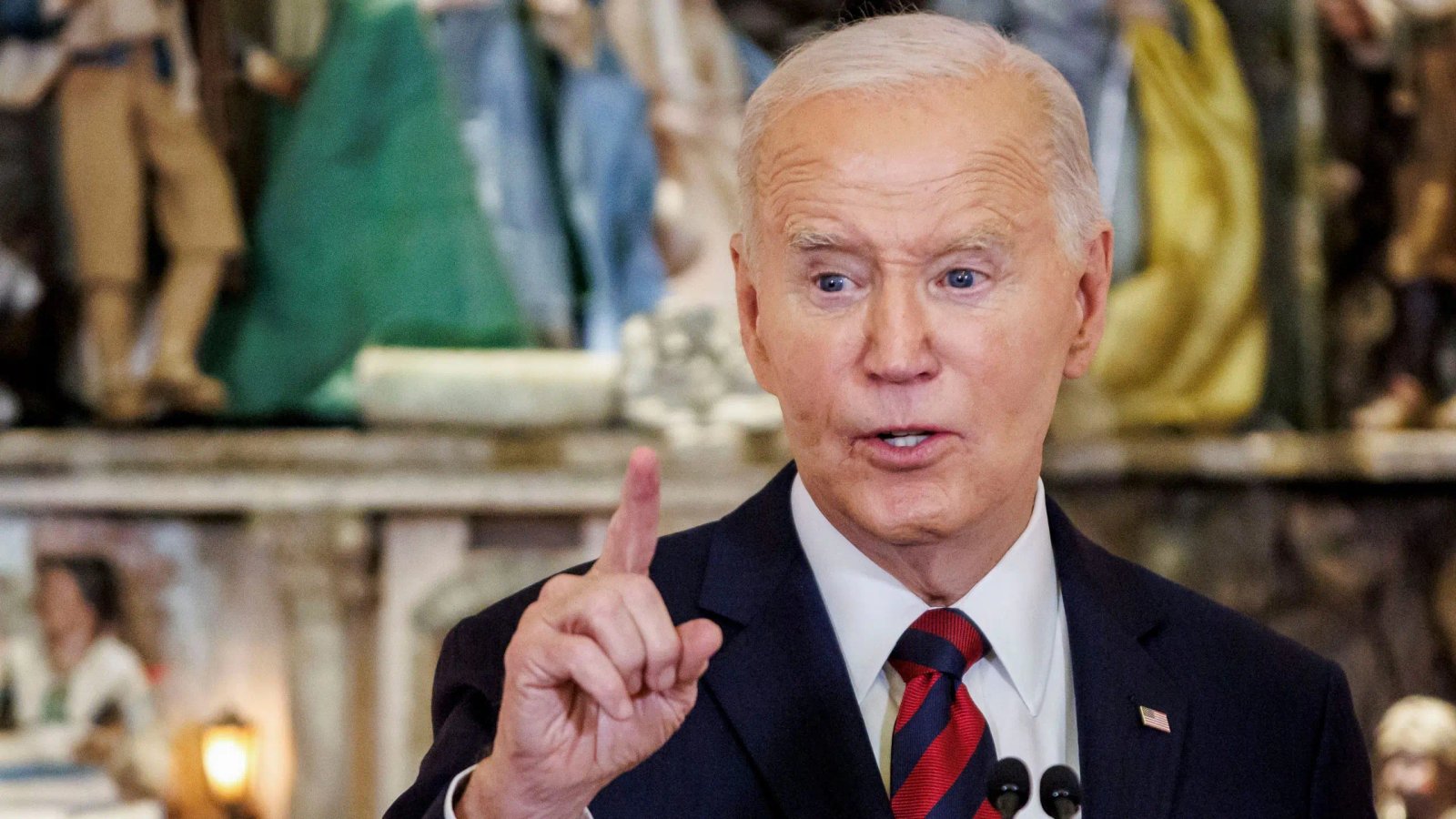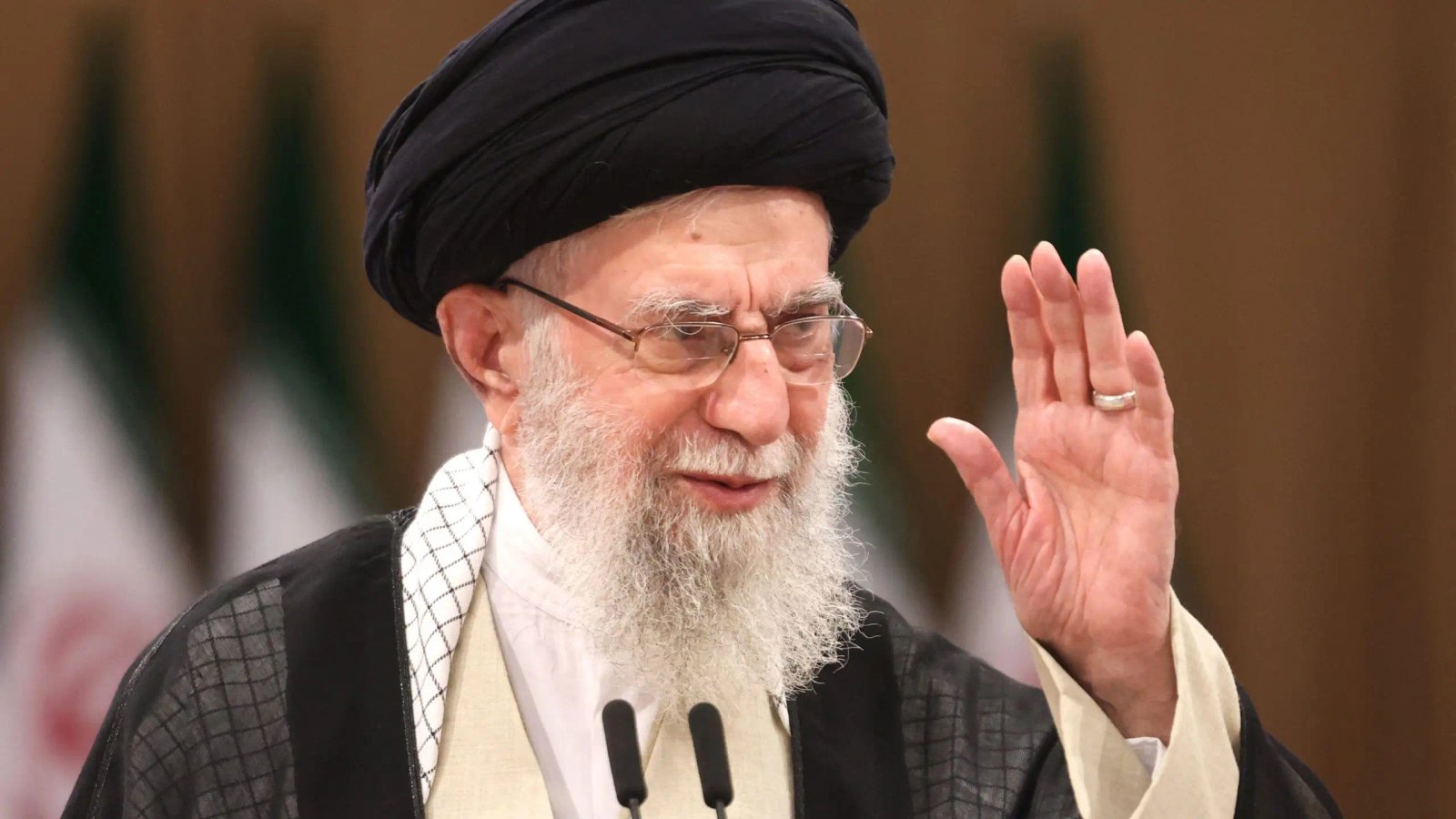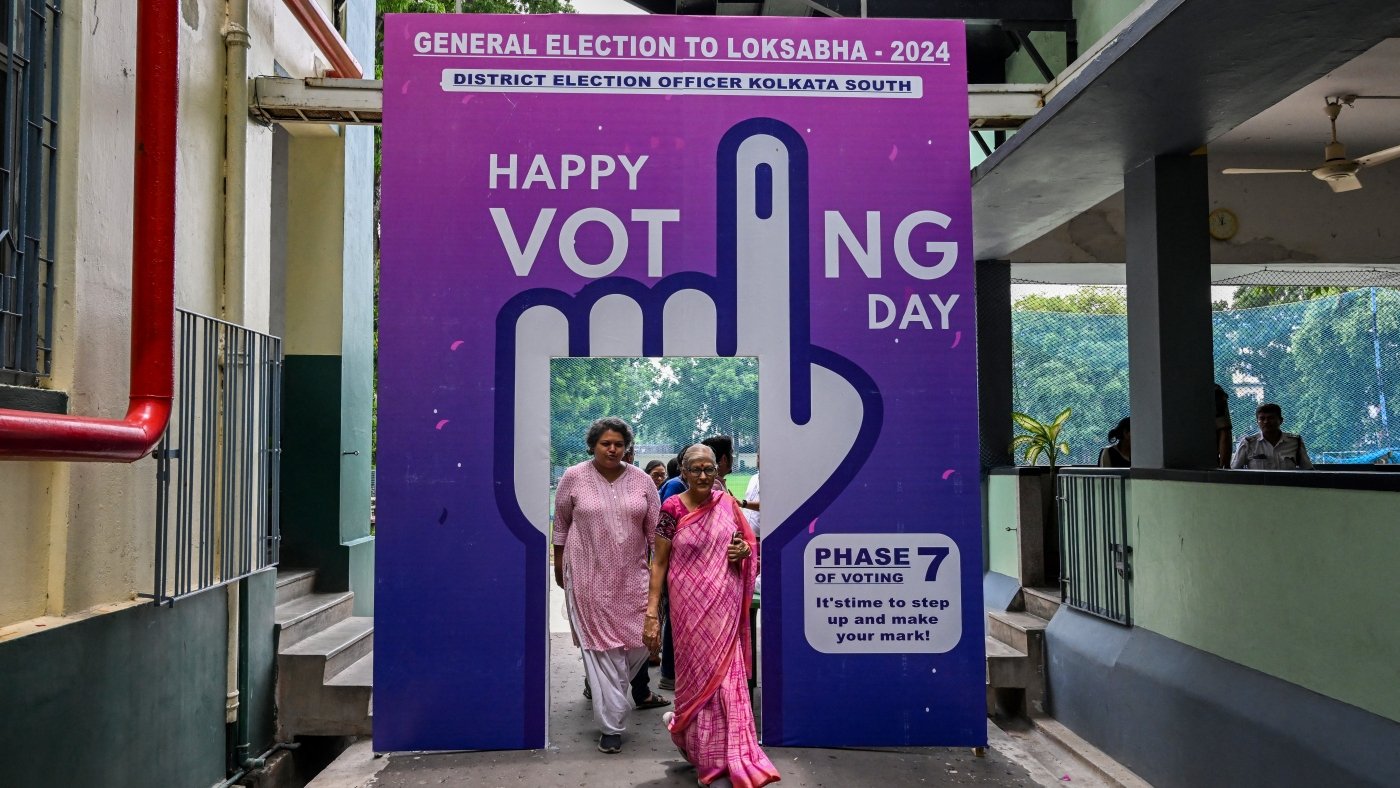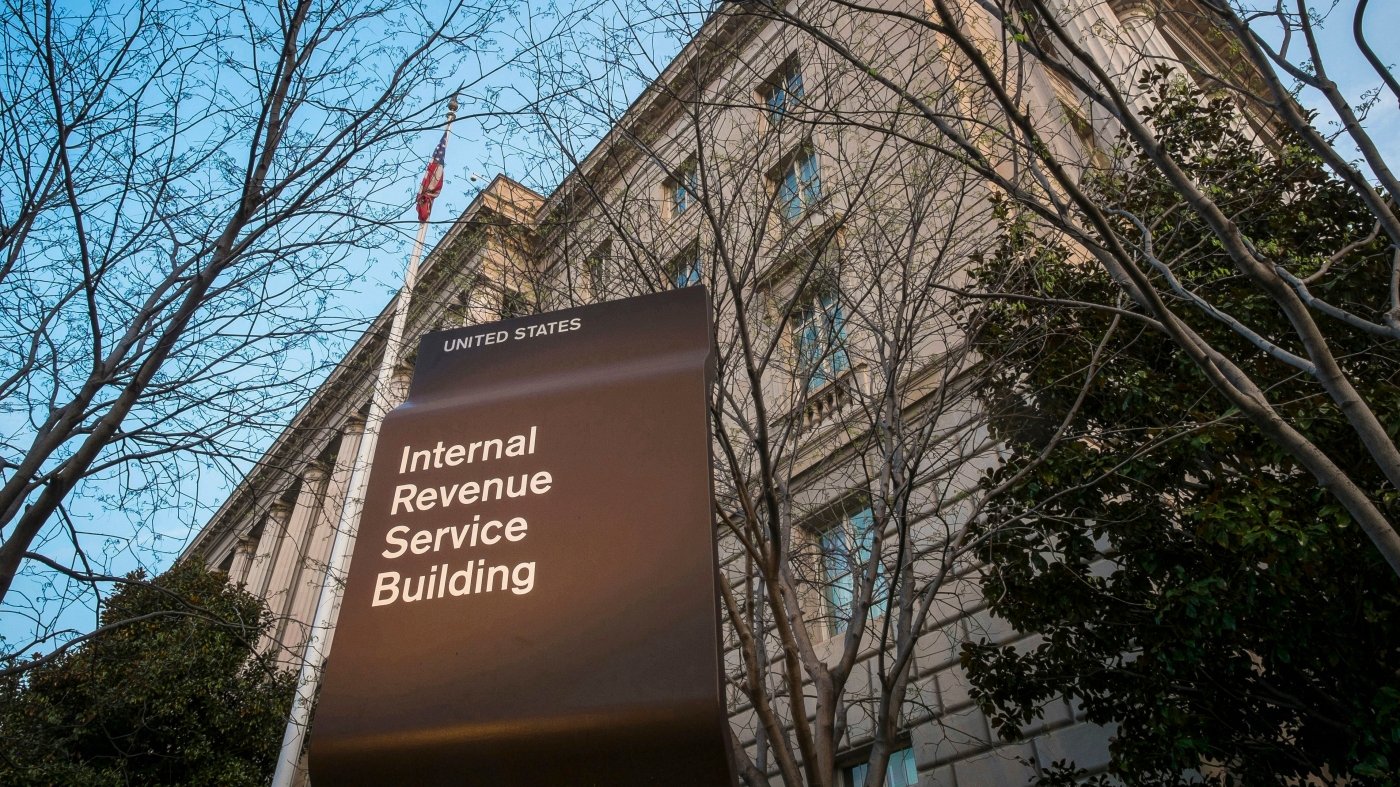
Amid a year of elections around the world, is democracy expanding or retreating? : NPR
SCOTT DETROW, HOST:
In today’s show, we have been looking back at this extraordinary year of elections taking place across the globe in dozens of countries. Earlier in the program, we spoke to our correspondents in Asia, Africa and Latin America about the elections that they covered in their regions. We’ve been hearing reports about how just deeply unpopular incumbents and institutions are right now, the role of artificial intelligence in politics, among other things. We’re going to wind things down with a broader view and look at what these elections tell us about the state of democracy as a form of government. Up first to talk about that is Frank Langfitt, a longtime NPR correspondent who has reported around the globe. Hey, Frank.
FRANK LANGFITT, BYLINE: Hey, Scott.
DETROW: You’ve been looking at the big picture for us all year. Overall, how would you say elections went?
LANGFITT: Well, it was mixed. I mean, many elections were free and fair. Vast majority of losers, Scott – they stepped down, as, of course, they’re supposed to. That said, as we know, historically, democracy is seen as having been in decline now for more than a decade and a half around the world, and by one estimate, only about half of this year’s elections were in countries where they were free and fair. Russia and Iran come to mind.
DETROW: Yeah.
LANGFITT: Of course, China – world’s second largest population – it has no national elections at all.
DETROW: Frank, I want to talk about geopolitics for a minute because I think at least in the U.S., it seems like there’s this big disconnect between some of the big-picture things that leaders like President Biden are focusing on – countering Russia and Ukraine, things like that – and what voters feel like they’re most focused on. You know, you have reported on a lot of democracies that are caught in the middle of some of these great power struggles. And I’m wondering, did you see any places where these bigger geopolitics – you know, for example, the U.S. versus Russia, the U.S. trying to compete against Beijing – did you see that play a role in voters’ actual concerns?
LANGFITT: In certain places, yes, and I think that these are often places we don’t pay that much attention to, but I think we should. An obvious one now we’re talking about is Taiwan. Earlier this year, Taiwanese voters rejected the threats of mainland China, and they backed an incumbent party that’s very friendly to the United States.
Let’s take Moldova. They actually voted on this very issue this year, whether to lean towards Europe and the U.S. or Russia. And so Moldova, as people may remember – it’s a former Soviet Republic. It’s wedged between Ukraine and Romania. And they had this referendum on whether to enshrine European Union membership into the Constitution, and that referendum got really ugly.
Moldovan prosecutors – they say Russia backed this multi-million dollar vote-buying scheme to kill the referendum. There was this pro-Russian oligarch. He offered – Scott, he offered 270 bucks to any person who could swing a precinct vote against the EU. And he did this publicly.
DETROW: Yeah.
LANGFITT: It’s not disputed. Now, that referendum, Scott – it passed by a tiny margin, which was a shock because people expected it to pass by a lot more. Now, I know, Scott, this sounds counterintuitive, but this was kind of good for Russia because it shows Moldova is more divided than people thought, and it helps Russia because Russia wants Moldova in its sphere of influence.
DETROW: Let’s talk about South Korea for a moment. Of course, didn’t have a presidential election this year – but in recent weeks, we have seen President Yoon Suk Yeol declare martial law, quickly backtrack from that declaration, since been impeached. South Korea has long been seen as a stable democracy and even hosted the global summit for democracy this year. I mean…
LONGFIT: Yes.
DETROW: …What are analysts making of what happened there?
LANGFITT: Well, I think the bad news is the president thought he could get away with declaring martial law. The good news is he didn’t.
DETROW: Yeah.
LANGFITT: Democratic institutions held up, and I think this is the most important thing when you look at a lot of these countries, is how are democratic institutions faring? The president was eventually impeached with some votes from his own party, and the question now is, like, what comes next for South Korea? I was talking to Nicole Bibbins Sedaca. She’s the interim head at Freedom House. They’re – that’s this, you know, democracy think tank here in D.C. And her question is, does the opposition follow the rule of law, or does it seek retribution and punish the president’s party? This is her concern.
NICOLE BIBBINS SEDACA: When one party or one individual does something undemocratic, there’s always the temptation of, well, he did it, so it’s fine for us to. That’s the temptation that all of us have to resist because that is what erodes and tears down our democracy.
DETROW: Frank, I want to end with one more country that didn’t go to the polls this year but really kind of hangs over a lot of global questions. And that’s Israel. This country is 15 months into an all-consuming war. You did reporting on the state of democracy in Israel amidst all of this. Tell us about that.
LANGFITT: Yeah, well, I was last there in December of last year, so it’s been a year, and so much has happened, of course, Scott. You know, last year, you had hundreds of thousands of protesters taking to the street to fight this thing called judicial reform. Now, you know, it’s dry-sounding legislation, but many opponents thought it was going to really weaken the Supreme Court as an independent check on executive power. And after the war broke out on October 7, I was actually at the Knesset and talking to the head of the Constitution, Law and Justice Committee. He said, this judicial reform is dead for now. Just this week, Israel’s minister of justice says he wants to bring back judicial reform.
DETROW: What changed?
LANGFITT: The war and how it’s going – Hamas is in very bad shape. Hezbollah was forced into a ceasefire, and Assad – he’s out in Syria. This puts Prime Minister Benjamin Netanyahu in a stronger position. I was talking to a guy named Reuven Hazan. He’s a professor of political science at Hebrew University in Jerusalem. And he says, it’s too hard to know exactly if Netanyahu will really push this judicial reform again. But Hazan says opponents just don’t have the same energy to fight it if he does.
REUVEN HAZAN: The Israeli population is basically exhausted. To get the population out into the streets again and focused on domestic democracy issues is almost impossible after what we’ve gone through.
LANGFITT: And so, Scott, you know, this is the end of the great year of elections, but the questions about democracy around the world are not going away. And Israel, of course, is just one of the countries that everybody’s going to be watching in this coming year.
DETROW: Yeah, that’s NPR’s Frank Langfitt. Frank, thanks for helping us take a step back and make sense of all of this.
LANGFITT: Happy to do it, Scott.
Copyright © 2024 NPR. All rights reserved. Visit our website terms of use and permissions pages at www.npr.org for further information.
NPR transcripts are created on a rush deadline by an NPR contractor. This text may not be in its final form and may be updated or revised in the future. Accuracy and availability may vary. The authoritative record of NPR’s programming is the audio record.







